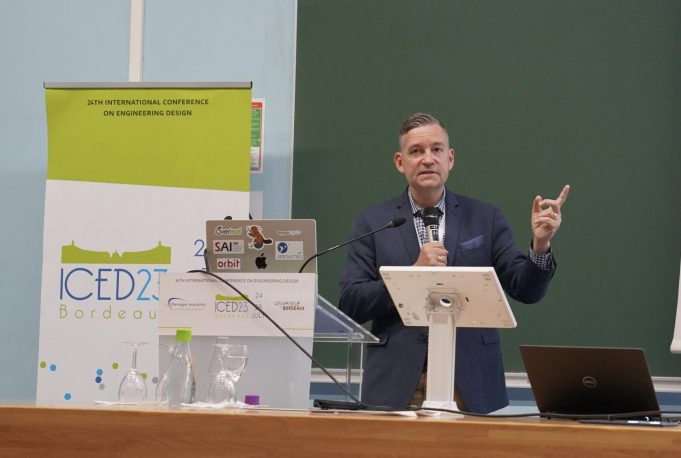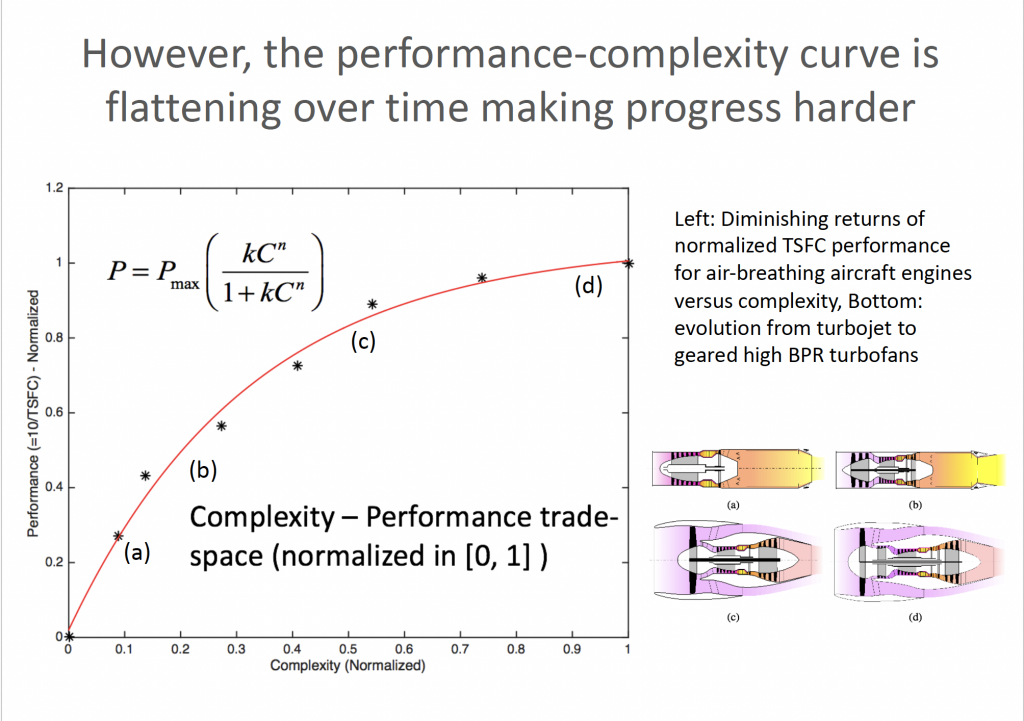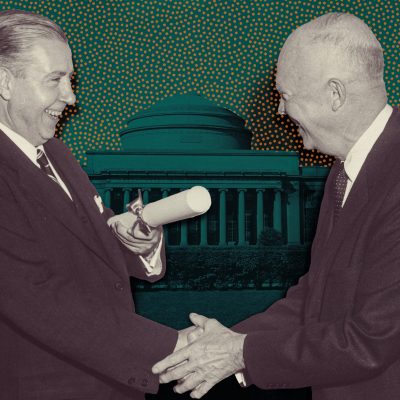
Conservation of Complexity: The First Law of System Science
Professor Olivier de Weck gave the opening keynote at the 2023 International Conference on Engineering Design (ICED) in Bordeaux, France.
Held every other year, this summer’s ICED drew over 800 academic and industry leaders from all over the world. The theme of this year’s conference was “Design in a Complex World”:
“Design and engineering are fundamental activities that interact in shaping the world in which we live. Nowadays, we can see a world full of promising technologies, a hyper-connected world in which information is paramount. However, the environmental impact of these technologies is a great societal concern. Sustainability is becoming a central issue for future generations. Design must therefore surely reinvent itself by embracing the broader issues of designing complex systems in a complex socio-technical environment with limited resources. In this regard, the ICED conference is a unique forum to discuss the academic, educational and industrial issues and the needed changes.”
In his keynote address, Prof. de Weck discussed the ways in which the degree of complexity of today’s products and systems is significantly higher than it ever has been before. This increased complexity yields higher levels of performance and, potentially, resilience. But there are diminishing returns in further increasing complexity, because design effort increases super-linearly with complexity while approaching fundamental physical limits.

Aerospace systems have been getting more and more complex over recent decades, from the Lunar landing, to the ISS, to nonstop 20-hour transoceanic flights, to imaging the first proto-galaxies after the Big Bang.
This incredible functionality is achieved by thousands—and in some cases millions—of components, hardware, software, and humans working together in a tightly controlled fashion. The dark side is that many aerospace programs are becoming increasingly expensive and difficult to manage, with a poor understanding of the relationship between system performance, complexity, and the effort required to design, build and validate them for use.
We can now quantify the complexity of a system rigorously using concepts from systems engineering and—similar to the first law of thermodynamics (conservation of energy)—can use the First Law of System Science, “Conservation of Complexity,” to guide our efforts in a more predictable way. The first law states that: The change in complexity ΔC of a system is equal to a proportional change in expected performance ΔP minus the change in effort ΔE expended by the enterprise to develop and build the system.
In short, de Weck argues, complexity should be explicitly quantified and tracked during the design process.

